AI, Career Growth, and Flexibility: 2025’s Talent Acquisition Trends
The world of talent acquisition is evolving at lightning speed. As we move into 2025, HR leaders must brace themselves for a wave of transformation driven by technology, employee expectations, and organizational priorities. From the rise of artificial intelligence (AI) to the growing importance of flexibility and career growth, talent acquisition strategies are undergoing a seismic shift.
But how can companies keep up with these changes while ensuring they attract and retain the best talent? Let’s explore further.
AI’s Role in Recruitment: Game-changer or Overhyped?
In recent years, artificial intelligence has been hailed as the future of recruitment. But as with all buzzwords, does it live up to the hype?
- 67% of talent professionals say AI is the top trend in
- Companies are using AI to screen resumes, conduct interviews, and even assess candidates’ soft skills.
But, is AI always the right solution?
Unilever
Take Unilever, for example. The company has integrated AI into its recruitment process, with chatbots handling initial candidate queries and automated systems analyzing resumes. It’s a success story—yet, there’s a flip side. Many candidates feel the process lacks the human touch.
- Over 40% of job seekers feel AI makes hiring
- 25% worry about algorithmic
Can a computer really assess a candidate’s cultural fit? Will it ever replace the intuitive judgment of an experienced recruiter? These concerns are valid.
So, how do we make AI work for us? The answer lies in using AI to enhance—not replace—the human aspect of hiring. AI should be a tool to streamline administrative tasks, not take the place of human interaction.
IBM
For instance, companies like IBM use AI to sort through resumes faster, but then human recruiters engage with top candidates, ensuring a more personal touch.
Skills Based Hiring: The Future, But Not Quite the Present
The shift toward skills-based hiring is real. Companies are focusing on what candidates can do rather than where they’ve worked or what degrees they hold.
- 39% of HR professionals see skills-based hiring as a crucial trend for
- Yet, only 20% of companies have fully adopted this
Why the lag? Simple: finding the right skills is no easy task. 24% of talent professionals report that identifying the right skills is one of their biggest barriers.
Amazon
Consider Amazon, one of the largest employers in the world. Their “Upskilling Programs” are a prime example of skills-based hiring. Instead of focusing solely on resumes, Amazon trains employees on new skills, allowing them to grow within the company. This has significantly reduced turnover rates, as employees feel invested in and valued.
But here’s the hard truth—skillsbased hiring requires a major shift in how we approach recruitment. It’s not just about looking for technical skills but also about identifying transferable skills, such as problem solving, creativity, and communication. But, are we ready to throw away decades of resume-driven hiring?
Promoting Career Growth: Talent Wants More Than Just a Job
Employees are no longer satisfied with just a paycheck. They want career growth, and they’re willing to leave a company that doesn’t offer it.
- 32% of HR leaders plan to address skills gaps by upskilling current
- 30% aim to encourage long-term growth by creating clear career
Take LinkedIn as an example. The company is known for its commitment to employee development. Their “LinkedIn Learning” platform offers employees access to thousands of courses to expand their skills. This commitment to growth has resulted in high employee satisfaction and retention rates.
- In fact, research shows that employees who feel they are growing in their roles are 12% more likely to stay with their current employer.
The key takeaway? Investing in career growth isn’t just good for employees—it’s good for business.
But here’s the catch—companies need to make career growth a priority. It’s not enough to simply offer courses; there must be a clear path for employees to advance. Are organizations truly committed to developing their people, or is it just lip service?
Workplace Flexibility: A Non Negotiable for 2025
The pandemic proved one thing for sure: flexibility isn’t a luxury; it’s a necessity. As employees continue to value worklife balance, the demand for flexible working arrangements is only increasing.
- 76% of companies have adopted hybrid work
- 48% expect managing worklife balance to be a significant challenge when hiring earlycareer talent.
This trend is exemplified by companies like Salesforce and Slack, which have embraced hybrid work as part of their company culture. These companies understand that offering flexibility in where and how employees work isn’t just a perk—it’s an expectation.
An In-depth survey: Flexjobs
What’s more, employees are more likely to stay with a company that values their worklife balance.
According to a survey by FlexJobs:
- 80% of employees say they’d take a job with flexible work options over one without, even if the salary were lower.
- In fact, flexibility has become so important that 65% of workers say they would quit a job if they weren’t offered flexible working conditions.
So, the question remains: can companies continue to resist flexible work options and still attract top talent? It seems unlikely. The new generation of workers has spoken—flexibility is no longer a nice to have; it’s a must-have.
Employee Value Propositions: Do You Walk the Talk?
Your Employee Value Proposition (EVP) is your promise to your employees. It’s the reason they should join your company, stay with you, and give their best effort. But does your EVP match the reality?
- 45% of HR professionals say that cultural values are essential in attracting
However, research shows that failing to uphold cultural promises can lead to higher turnover rates.
Zappos
For example, Zappos has built its brand around a strong company culture that emphasizes customer service, innovation, and fun. They don’t just talk about it—they live it every day. This strong EVP has helped Zappos attract and retain top talent, with employees staying longer and engaging more in their work.
But let’s not kid ourselves—creating an authentic EVP isn’t easy. It requires alignment between what your company says it values and what it actually practices. It’s easy to write words on a website, but do you back those words with action?
The Final Word: Are You Ready for 2025?
As we head into 2025, it’s clear that talent acquisition is facing its biggest challenges yet. AI, skills-based hiring, career growth, flexibility, and cultural alignment are the cornerstones of the modern workplace. But the question remains: how can you, as an HR leader, adapt to these shifts?
Will you embrace AI in a way that enhances the candidate experience rather than removes the human element?
Will you take the plunge into skills-based hiring, even if it means rethinking your entire recruitment process?
- Will you make career growth a priority, or will you stick with outdated models?
- Will you offer the flexibility your employees crave, or risk losing them to companies that do?
There’s no one-size-fits-all solution. But one thing is certain: staying stagnant isn’t an option. The time to act is now.
As we move into 2025, the companies that succeed will be the ones that prioritize these trends and invest in their people. Are you ready to lead the charge?


